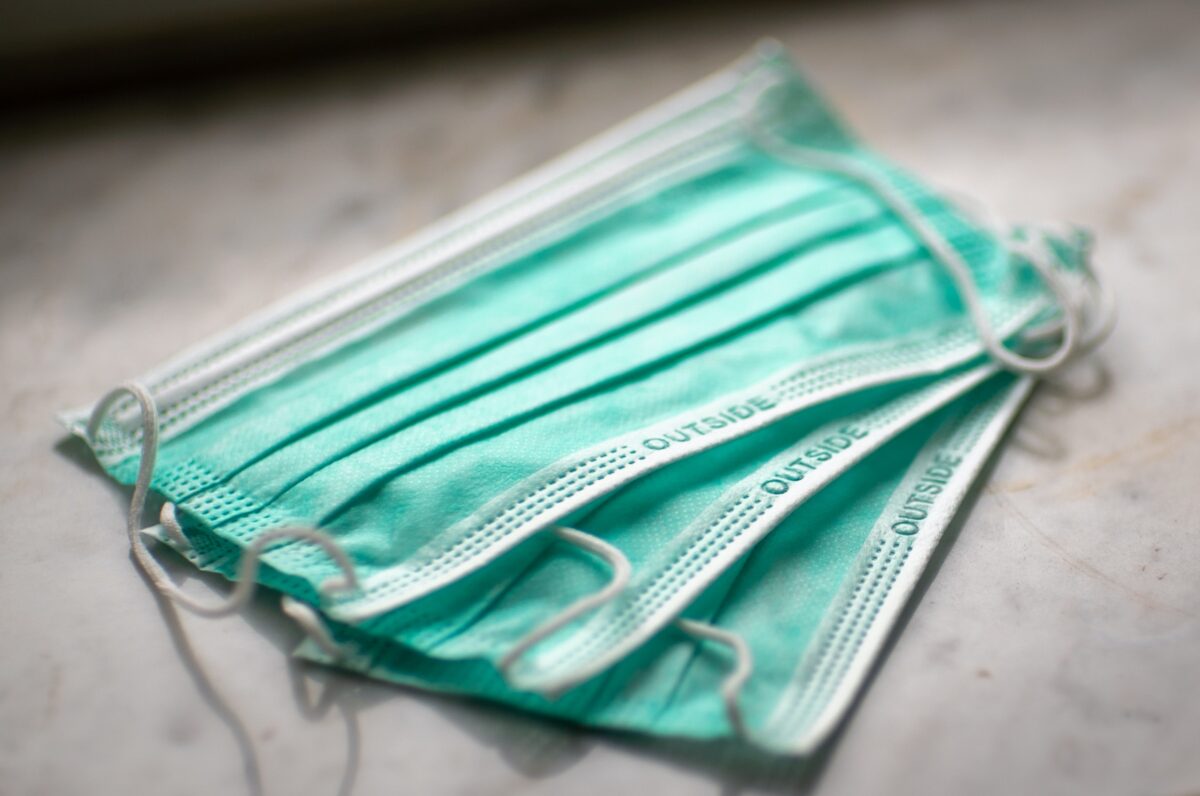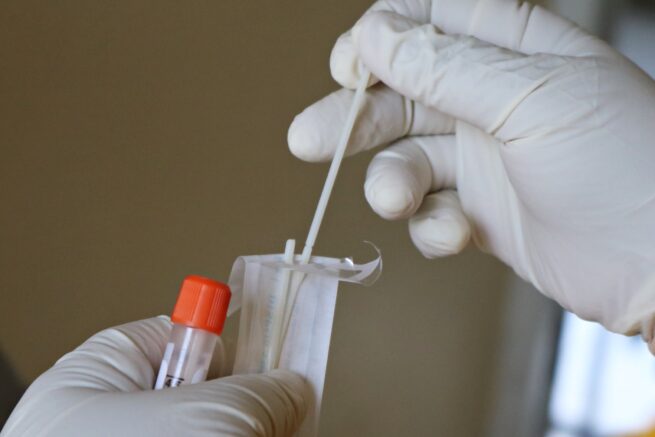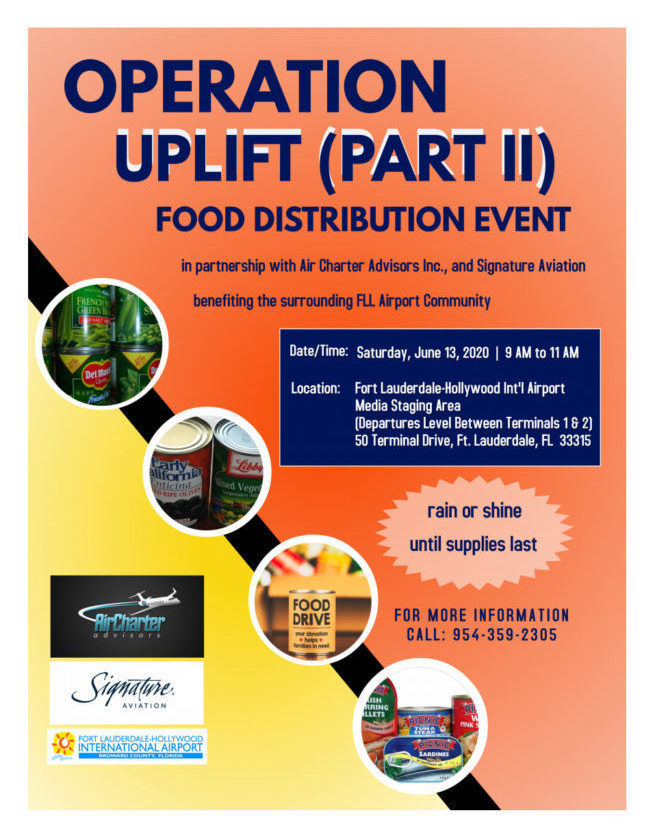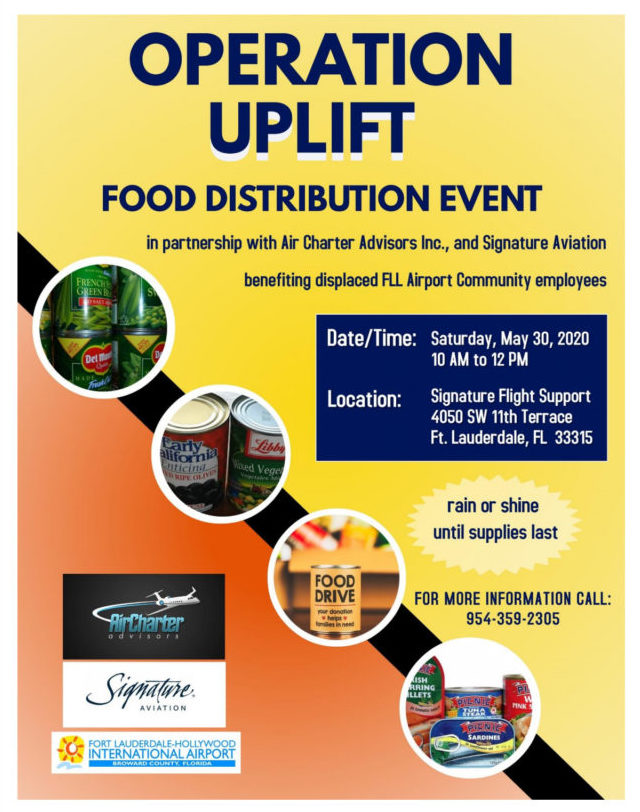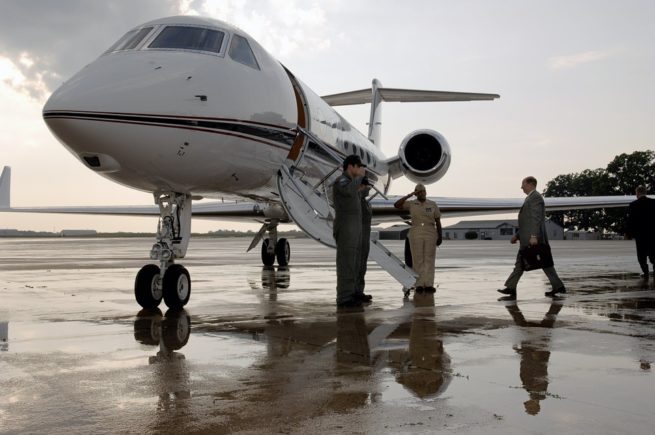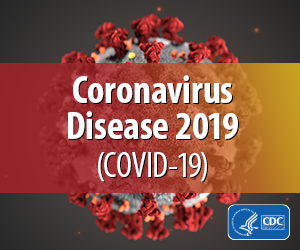Updated Entry Requirements into the United States as of 1/5/2023: There are new requirements for air passengers 2 years of age and older traveling to the United States from China, Hong Kong, or Macau, and those traveling from Seoul, Toronto, and Vancouver who have been in China, Hong Kong, or Macau in the past 10 days.
These passengers, regardless of citizenship or vaccination status, are required to show a negative COVID-19 test result taken no more than 2 days before their flight departs. Those who had COVID-19 in the 90 days before their travel to the United States can instead show documentation of recovery from COVID-19.
Effective April 18, 2022, the CDC’s order requiring masks on public transportation and at airports is no longer in effect. The CDC continues to recommend wearing high-quality masks in indoor public transportation facilities.
Non-U.S. citizens & non-U.S. immigrants must still show proof of being fully vaccinated with the primary series of an accepted COVID-19 vaccine before boarding a flight to the United States, with limited exceptions. This does not apply to U.S. citizens, U.S. nationals, or U.S. lawful permanent residents.
Some countries still limit travel depending on vaccination and testing status – please visit the State Department website for country-specific entry & exit requirements: https://travel.state.gov/content/travel/en/traveladvisories/traveladvisories.html/
Private Flights during the COVID Pandemic
For those looking to minimize their exposure during the COVID-19 outbreak, private charter flights might be your best option.
Private flights provide the least exposure to other passengers, airport staff, and flight crew. Flights depart from private terminals that are often separate from the main commercial terminal. These passenger terminals are also known as “FBOs”, and offer VIP lounges, Wi-Fi connectivity, and other travel services.
Unlike shared flights that require a membership to purchase a seat on a private jet, private flights allow you to travel with only those you wish to travel with. They’re also available on-demand, and do not carry the upfront investment of memberships and jet cards.
Still, there are some concerns that come with any form of travel given the current circumstances, so we wanted to share a few steps that we’re taking to ensure our passengers are protected from any potential exposure.
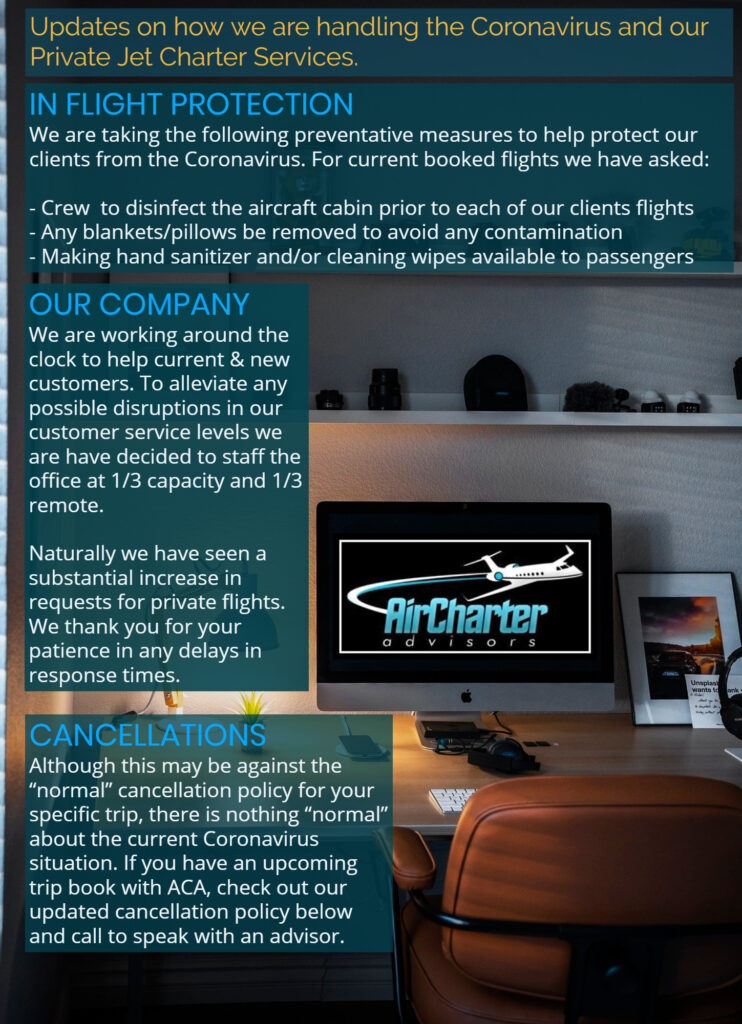
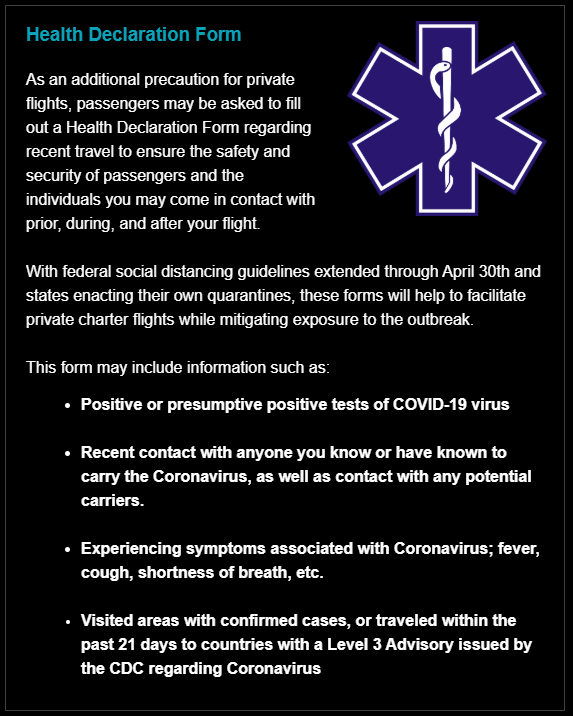
Updated Entry Requirements into the United States as of 12/21/2021: If you are a non-U.S. citizen who is a nonimmigrant (not a U.S. citizen, U.S. national, lawful permanent resident, or traveling to the United States on an immigrant visa), you will need to show proof of being fully vaccinated against COVID-19 before you travel by air to the United States from a foreign country.
- Some categories of noncitizen, nonimmigrants are excepted from this requirement. If you meet the criteria for one of these categories, you will need to fulfill additional requirements to travel by air to the United States.
- All passengers ages 2 or older traveling to the United States, regardless of citizenship or vaccination status, must provide a negative COVID-19 viral test result or documentation of recovery from COVID-19 before boarding a flight to the United States.
For more information about the latest testing requirements for entry into the United States, visit the CDC website.
Updated Entry Requirements into the United States as of 12/6/2021: All travelers entering the United States from another country must submit a negative COVID-19 PCR test result that was administered no more than 1-day prior to their departure, and again within 1-day of arrival. These new testing requirements apply to all travelers, including U.S. citizens and permanent residents, regardless of vaccination status. The new entry requirements go into effect on 12.6.2021 at 12:01 AM EST. This change moves the required testing window down from 3-days prior, and will go into effect until further notice based on new information on emerging variants.
Test results must include:
- Personal ID: name, date of birth on test result must match identifiers on passenger’s travel documents
- Collection Date: must be collected no more than 1-calender prior to day of departure
- Type of Test: indication of NAAT or antigen test
- Test Result: must say “negative”, “COVID-19 not detected”, or other indication that SARS-CoV-2 was not detected in the individual’s specimen
- Lab Information: name and contact details of laboratory, healthcare entity, or telehealth service
Vaccination Requirements for Non-U.S. Citizens
- You must be fully vaccinated to travel to the United States by plane if you are a not a U.S. citizen, U.S. national, lawful permanent resident, or traveling to the United States on an immigrant visa. Only limited exceptions apply.
Updated 11/12/2021: If you plan to travel internationally, you will need to get a COVID-19 viral test (regardless of vaccination status) before you travel by air into the United States. You must show your negative result to the airline before you board your flight.
- Fully vaccinated: The viral test must be conducted on a sample taken no more than 3 days before the flight’s departure from a foreign country if you show proof of being fully vaccinated against COVID-19.
- Not fully vaccinated: The viral test must be conducted on a sample taken no more than 1 day before the flight’s departure from a foreign country if you do not show proof of being fully vaccinated against COVID-19.
March 16th, 2020 – As travel restrictions and quarantine recommendations continue to spread across the United States alongside COVID-19, the available options for air travel are becoming more limited. This is understandable given the latest recommendations provided by the CDC and the World Health Organization.
Airports have become a focal point of the spread of Coronavirus, with confirmed cases being reported at major airports. Some areas, including Alameda County in California, are also restricting movement to “essential travel”.
Due to the sharp decline in the demand for commercial flights, airlines have started canceling flights and reducing service. In addition to a massive reduction in capacity limiting the available routes, passengers are already experiencing excessive wait times, with some airports reporting delays of up to 6 or more hours for scheduled commercial service.
The risks of exposure don’t stop there, as once you’ve boarded the plane, you’ll be subjected to breathing the same recirculated air throughout your flight. For those looking to avoid exposing themselves to potential carriers of the virus, private air travel is in high demand.


